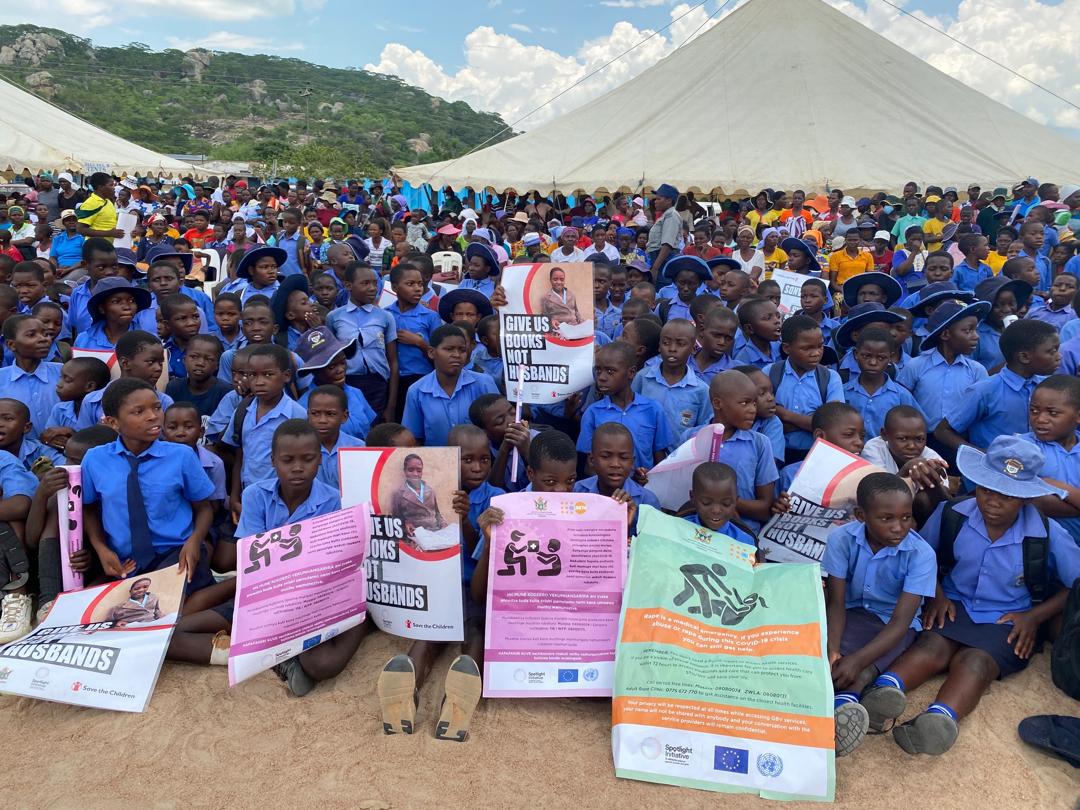As Zimbabwe joins the world in celebrating the International Day of the Girl Child, this year’s theme, “Girls’ Vision for the Future,” strikes a chord with the ambitions of many Zimbabwean girls.
However, significant hurdles like teenage pregnancy and child marriage remain, limiting their participation in society.
“These challenges not only impede their personal growth but also restrict their contributions to society and their country in sustainable development including social, economic, environmental, and democratic governance,” says Sirak Gebrehiwot, UN Partnerships and Development Finance Advisor in the UN Resident Coordinator’s Office.
According to UNICEF, one in three girls in Zimbabwe is married before the age of 18. Despite legal reforms, such as those championed by the Government of Zimbabwe, child marriage remains a significant barrier to girls’ education and empowerment.
Through the UN Spotlight Initiative, funded by the European Union with $34 million, and implemented by the Government of Zimbabwe, UN Agencies, and Civil Society Reference and youth groups, Zimbabwe has made strides in addressing these issues.
“Despite these challenges, Zimbabwean girls are advancing with resilience and optimism, envisioning a thriving future. They are breaking barriers and defying stereotypes, participating in community movements, advocating for educational access, and raising awareness against harmful practices. These girls are not just seeking change; they embody it, creating impacts that will resonate for generations,” added Gebrehiwot.
With initiatives like the ongoing Together for Sexual and Reproductive Health Rights, supported by the Swedish government, local communities are working to ensure that girls can access education and thrive in a gender-equal society.
“This collective effort is vital to addressing and reducing gender-based violence while empowering girls to follow their dreams,” said Gebrehiwot.
“Furthermore, Zimbabwean girls share a unified vision for their future: a landscape where quality education is accessible to all, where digital literacy is a right rather than a privilege, and where gender equality is customary. Many girls aspire to become leaders, educators, and innovators, contributing to a more just and prosperous society for everyone.”

